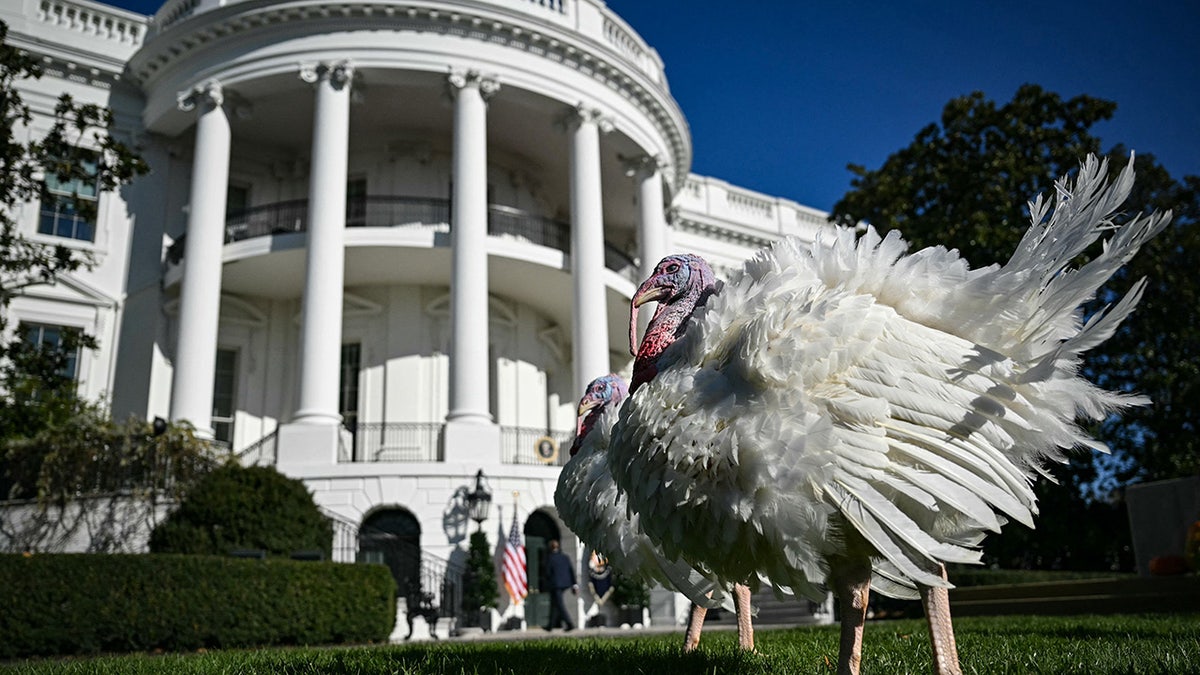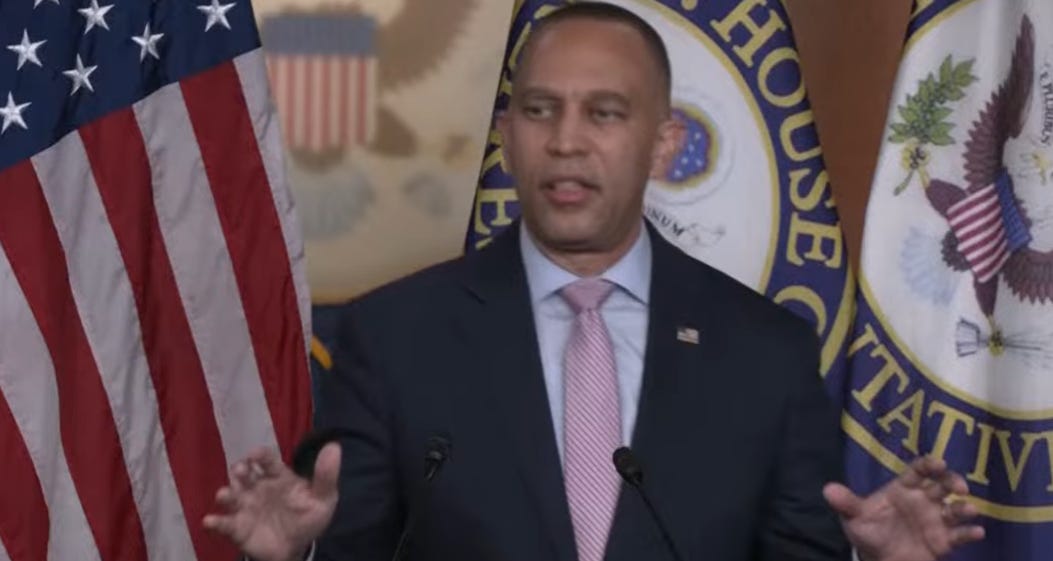A storm is brewing within the nation’s largest teachers union. The National Education Association, representing over three million educators, is preparing to host training sessions that delve into the complexities of gender transition in the workplace and strategies for advocating for LGBTQ+ justice.
These aren’t simple awareness workshops. Documents reveal a deeply structured program, complete with guides for members navigating their own gender transitions – covering everything from “coming out” to practical steps for workplace adjustments. The curriculum, sourced in part from Cornell University, aims to equip educators with the tools to foster inclusive environments.
But the training doesn’t stop at inclusivity. Internal materials reveal a stark framing of the political landscape, identifying conservative opposition as outright “villains” obstructing progress. This isn’t presented as a difference of opinion, but a deliberate attempt to dismantle perceived systems of privilege and oppression.
The curriculum grapples with contentious issues like transgender athletes in girls’ sports, acknowledging the challenges in persuading those concerned about fairness. The proposed solution? A “race-forward, deep, story-based” approach to public education, aiming to reshape the narrative around transgender identity.
A striking element of the training is the inclusion of the “Gender Unicorn,” a tool used to explore the spectrum of gender identity beyond traditional binary definitions. Participants are even provided with a coloring book designed to help individuals visualize their own place within that spectrum.
Critics are sounding the alarm, arguing that these sessions represent a dangerous overreach of the union’s mission. They contend that educators should focus on core academic skills, not on advocating for specific social or political ideologies.
The documents reveal a strategy to “mobilize” progressive bases – particularly Black, AAPI, and Gen Z audiences – to not only support LGBTQ+ rights but to actively “marginalize” opponents. This approach, according to those raising concerns, fosters a divisive atmosphere and undermines the principles of open debate.
Furthermore, the training materials defend Critical Race Theory, portraying criticism of the framework as inherently “racist.” This defense comes amidst ongoing national debates about the role of race and identity in education.
The core of the controversy lies in the perception that the NEA is prioritizing a far-left agenda over the fundamental needs of students. Critics argue that this rhetoric sends a damaging message to young people – a message of systemic oppression and limited opportunity, regardless of effort.
The debate extends to the very legitimacy of the NEA’s federal charter, which was granted on the promise of elevating the teaching profession and promoting education. Some now question whether the organization’s actions align with its original mandate, suggesting a fundamental shift in its purpose.





